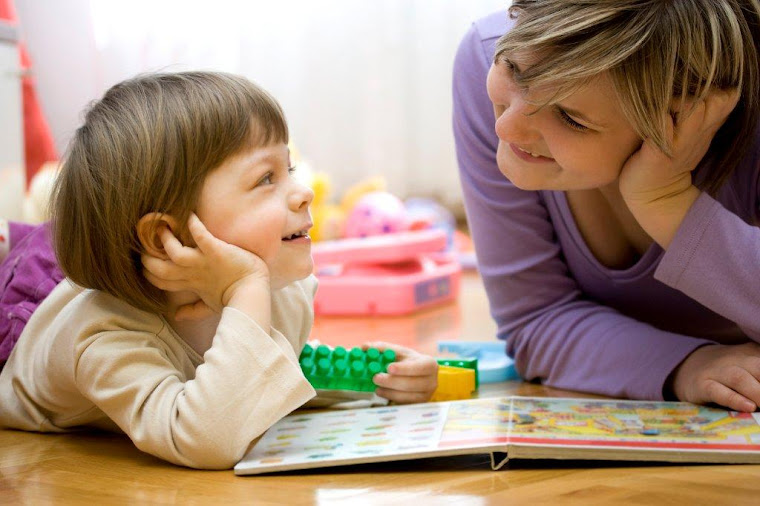But do you play with children, or supervise children while they play?
What is the difference?
Playing with children means entering their world, engaging with them as they play, as a companion and fellow playmate.
Supervising children as they play means staying on the outer, observing and intervening when necessary so that participants have turns, resources are shared and safety is ensured.
I often hear parents say that their children have lots of toys but they rarely play with them.
There might be a number of reasons for this.
The toys:
- may not be appropriate for their age
- may require two or more participants to be used meaningfully
- may take too much time and effort to be put together to be played with.
- may not have learnt how to play, to relax and use their levels of skill and imagination for pleasure
- may need adult attention and interaction to guide them.
Some children are much better at independent play than others, and will lose themselves either alone or with a companion, in their own world of imagination or role play, with cars or blocks or dolls' houses, in the sand pit, in their bedrooms or all over the lounge. These children do not need adult involvement in their play, but simply supervision if the play suddenly becomes rough, or unfair, often signs that it has lost its appeal. And of course, adults may need to remind the participants about tidying up afterwards. After the play period, it can be useful to ask the child(ren) about the activity and to talk about how they played and what they might want to do next time, as well as an appreciative comment on the way that they played eg thoughtfully, imaginatively, quietly or whatever is appropriate.
Other children are more sociable and like to engage another person, child or adult, in their play. For these children in particular, it is necessary for adults to learn how to participate, engaging in both the play and also ensuring that turns are taken, resources are shared and all are kept safe. This is a case of simultaneously acting like a child and an adult, and is a valuable skill to learn.
In this type of play, as a participant the adult can often draw out from the child(ren) responses that will increase the learning value of the play: counting the number of pieces, commenting on their colours, sizes and shapes, but not to the detriment of the child(ren) having fun. Again at the end of the play period, it is useful to make appreciative comments on the way they played.
Some facts for adults to learn about play include:
- Play with out some mess and untidiness not real play. Tidy up before starting a new activity.
- Children only have relatively short attention spans. Watch for signs of restlessness and move on to another activity.
- Play is a preparation for life. The child does not always have to win, nor does the biggest always have to get his or her own way.
- Play has to be fun and enjoyable. If it's not fun, it's not play.


No comments:
Post a Comment